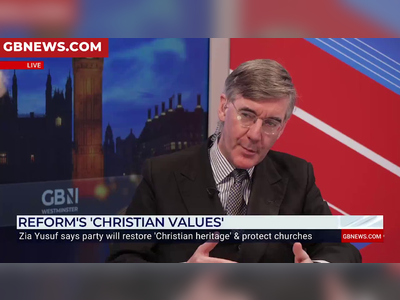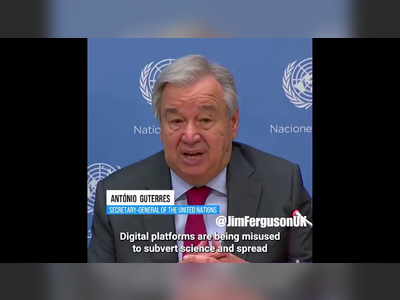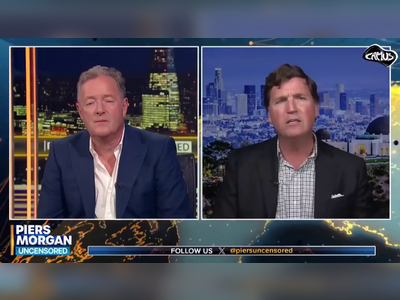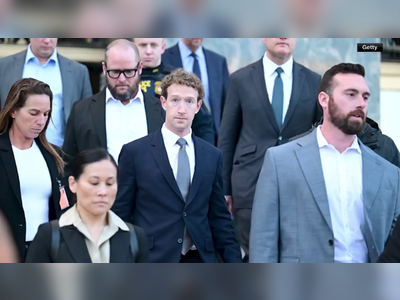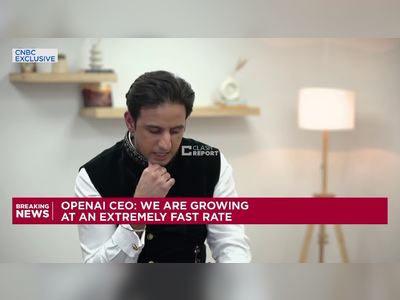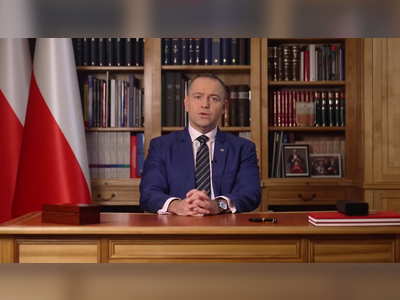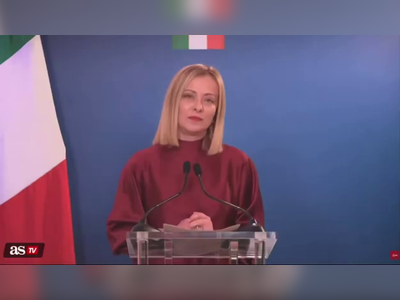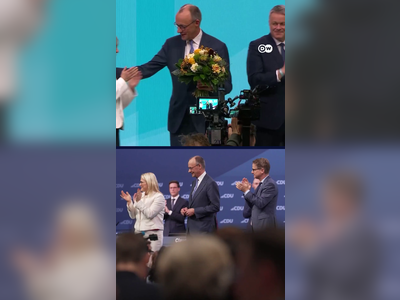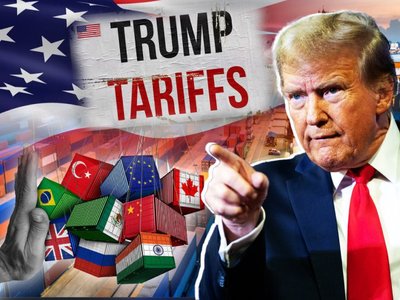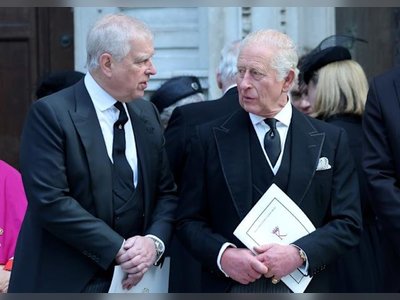Targeting a Commander: Ukraine Claims Responsibility for Assassination of Russian General Kirillov
Kyiv Justifies Killing as Retaliation for Alleged Use of Chemical Weapons Against Ukraine
The assassination of Russian General Igor Kirillov in Moscow has spotlighted the intensifying and shadowy warfare between Ukraine and Russia.
On a chilly Tuesday morning, as the capital's dawn crept across the skyline, the 54-year-old general—head of Russia’s Nuclear, Chemical, and Biological Protection Troops—was killed by a bomb concealed within an electric scooter.
The Ukrainian Security Service (SBU) has claimed responsibility, indicating that Kirillov's death was a direct retaliatory measure against his alleged involvement in deploying chemical weapons during the ongoing conflict.
Kirillov, a prominent figure within the Russian military framework since 2017, was branded by Kyiv as both a legitimate target and a war criminal.
Ukrainian accusations are backed by claims that Kirillov orchestrated the usage of chemical agents along the Ukrainian frontlines, reportedly including tear gas and the toxic substance chloropicrin.
These assertions echo louder in the wake of the recent global condemnation and sanctions levied against Kirillov by the United States and the United Kingdom for his alleged barbaric warfare tactics.
This high-profile assassination—a rare instance where Ukraine has openly claimed responsibility—cements the lethal tit-for-tat between the nations.
The Security Service of Ukraine, through a boldly issued declaration, framed Kirillov's killing as 'inevitable retribution against those perpetuating wartime atrocities against Ukrainians.' The general's targeting comes in the wake of Ukraine formally charging him in absentia for crimes involving prohibited chemical warfare.
The explosion, occurring just seven kilometers southeast of the Kremlin, adds to a repertoire of similarly mysterious and deadly incidents that have shaken Moscow.
In a year marked by international intrigues and unending regional tension, the assassination is a notable escalation.
Dmitry Medvedev, Deputy Chairman of Russia’s Security Council, has vowed retaliatory measures, castigating the Ukrainian act as cowardly.
Russia has, since its invasion in 2022, consistently accused Ukraine of orchestrating a series of assassinations on Russian soil.
While Kyiv’s acknowledgments of involvement have varied, it indicates a persistence in attacking key military and political targets.
These include the murder of prominent figures like rocket scientist Mikhail Shatsky and publicist Darya Dugina, underscoring a tactical approach to undermine Russian morale and command structures.
Within this context of asymmetrical conflict, Ukraine’s open claim over Kirillov’s assassination reveals a shift in their strategic and communicative posture.
Typically, such admissions are rare, with clandestine operations often left unaddressed publicly.
However, this incident, coupled with the killing of Russian pilot Dmitry Golenkov earlier this year, suggests a possible new phase in their approach—where public ownership and strategic messaging could serve as psychological and political maneuvering.
As the conflict persists, the boundaries of engagement and the actors involved continue to blur.
The repercussions of Kirillov's assassination could echo through the halls of Kremlin strategy discussions and further deepen the geopolitical chasm dividing Europe’s eastern flank.
With each assertion of claimed responsibility, the stakes—and potential for escalated confrontations—grow undeniably sharper.
On a chilly Tuesday morning, as the capital's dawn crept across the skyline, the 54-year-old general—head of Russia’s Nuclear, Chemical, and Biological Protection Troops—was killed by a bomb concealed within an electric scooter.
The Ukrainian Security Service (SBU) has claimed responsibility, indicating that Kirillov's death was a direct retaliatory measure against his alleged involvement in deploying chemical weapons during the ongoing conflict.
Kirillov, a prominent figure within the Russian military framework since 2017, was branded by Kyiv as both a legitimate target and a war criminal.
Ukrainian accusations are backed by claims that Kirillov orchestrated the usage of chemical agents along the Ukrainian frontlines, reportedly including tear gas and the toxic substance chloropicrin.
These assertions echo louder in the wake of the recent global condemnation and sanctions levied against Kirillov by the United States and the United Kingdom for his alleged barbaric warfare tactics.
This high-profile assassination—a rare instance where Ukraine has openly claimed responsibility—cements the lethal tit-for-tat between the nations.
The Security Service of Ukraine, through a boldly issued declaration, framed Kirillov's killing as 'inevitable retribution against those perpetuating wartime atrocities against Ukrainians.' The general's targeting comes in the wake of Ukraine formally charging him in absentia for crimes involving prohibited chemical warfare.
The explosion, occurring just seven kilometers southeast of the Kremlin, adds to a repertoire of similarly mysterious and deadly incidents that have shaken Moscow.
In a year marked by international intrigues and unending regional tension, the assassination is a notable escalation.
Dmitry Medvedev, Deputy Chairman of Russia’s Security Council, has vowed retaliatory measures, castigating the Ukrainian act as cowardly.
Russia has, since its invasion in 2022, consistently accused Ukraine of orchestrating a series of assassinations on Russian soil.
While Kyiv’s acknowledgments of involvement have varied, it indicates a persistence in attacking key military and political targets.
These include the murder of prominent figures like rocket scientist Mikhail Shatsky and publicist Darya Dugina, underscoring a tactical approach to undermine Russian morale and command structures.
Within this context of asymmetrical conflict, Ukraine’s open claim over Kirillov’s assassination reveals a shift in their strategic and communicative posture.
Typically, such admissions are rare, with clandestine operations often left unaddressed publicly.
However, this incident, coupled with the killing of Russian pilot Dmitry Golenkov earlier this year, suggests a possible new phase in their approach—where public ownership and strategic messaging could serve as psychological and political maneuvering.
As the conflict persists, the boundaries of engagement and the actors involved continue to blur.
The repercussions of Kirillov's assassination could echo through the halls of Kremlin strategy discussions and further deepen the geopolitical chasm dividing Europe’s eastern flank.
With each assertion of claimed responsibility, the stakes—and potential for escalated confrontations—grow undeniably sharper.
